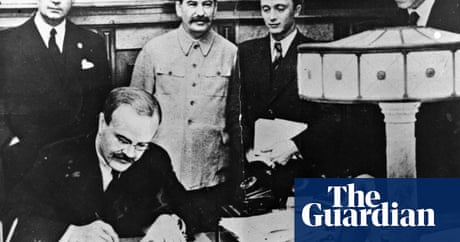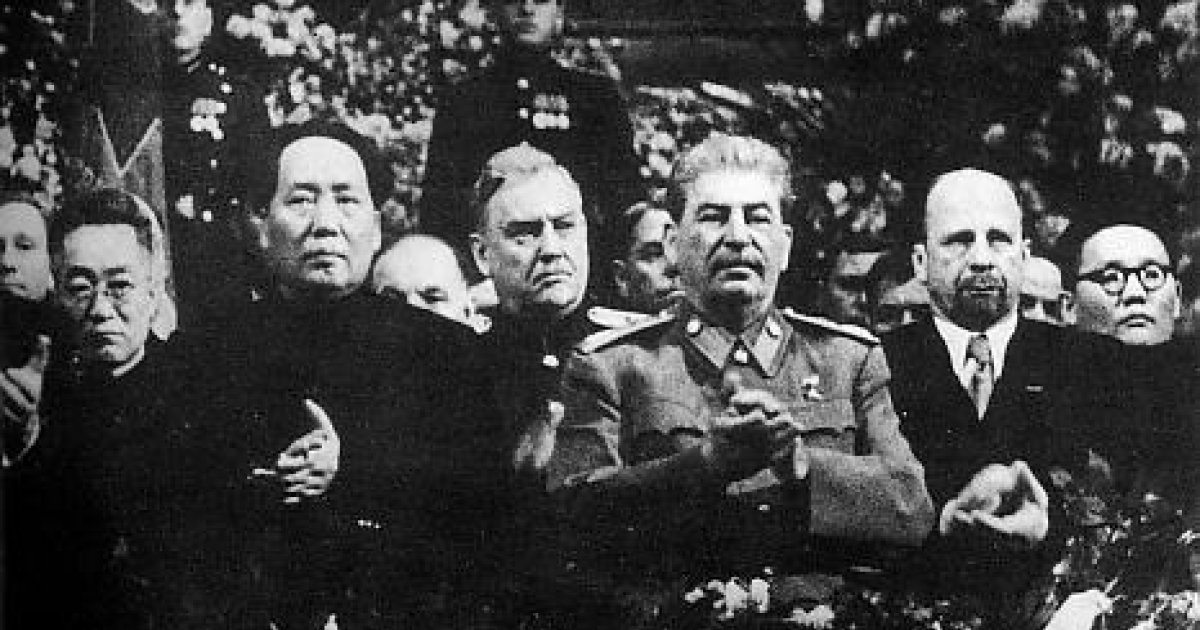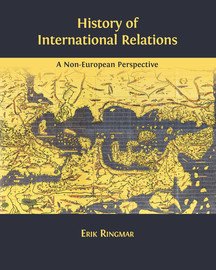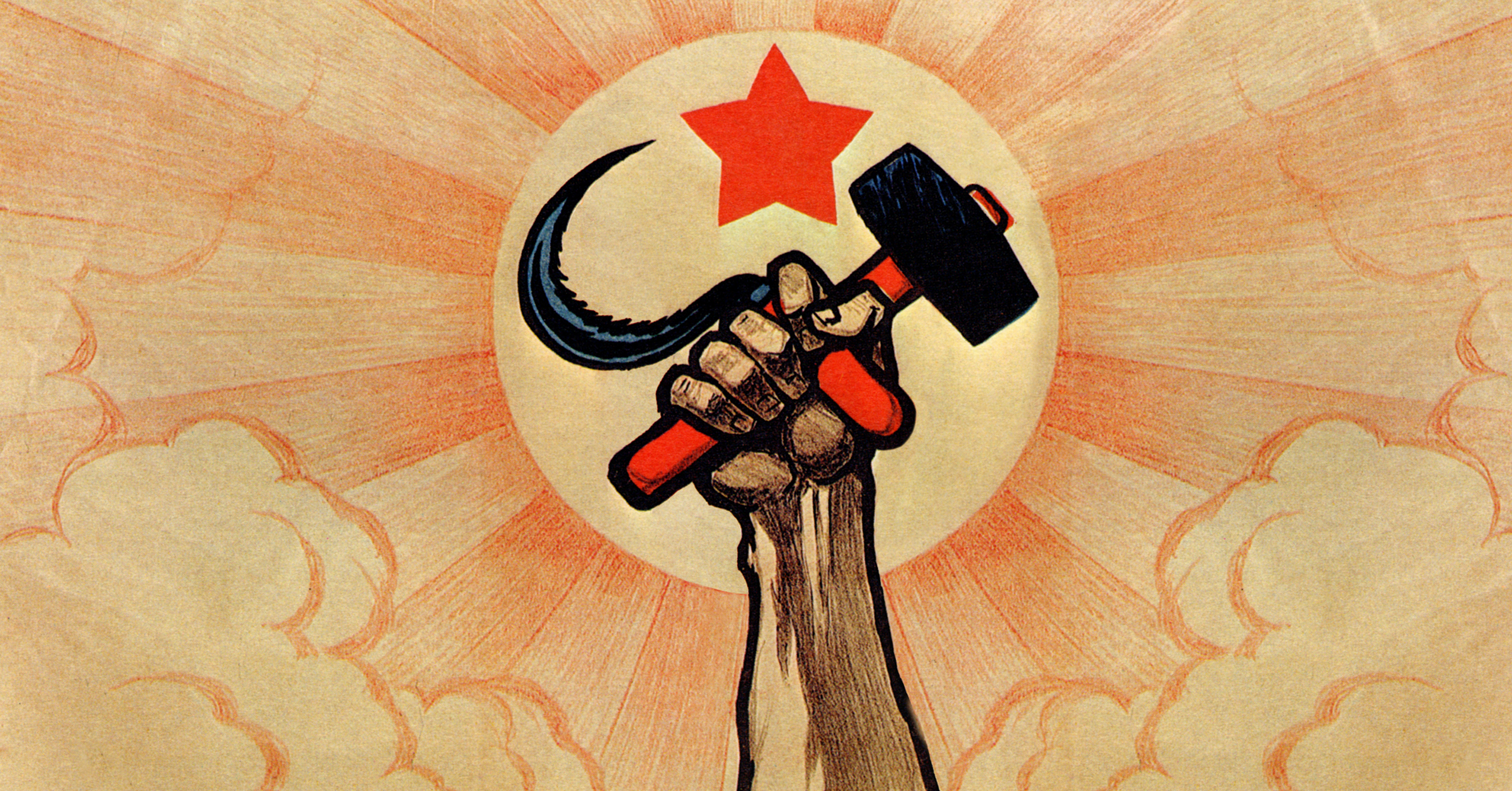Why Did Dictators Gain Power in Much of Eastern Europe
How did the event described by rosa parks in this excerpt affect the civil rights movement. The failure of liberal democracy in most European societies after WW1.
The period shortly after the Great War could be considered the first G.

. He brought the economy under state control allowed business labor and government to control various economic activities and made strikes illegal. The infamous piece of paper which Churchill wrote and was approved by Stalin at the Yalta Conference divided Eastern Europe into spheres of influence. Mussolini wanted economic growth and an end to workplace conflicts.
They were in dire need that the Soviet troops would finish victoriously the offensive against Hitler and therefore they postponed thinking of the long term consequences. According to your book Stalin was pursuing more than ideology in Eastern Europe. Lost two similarities and two differences between fascism and communism.
Answer 1 of 5. Yugoslavia fragmented shortly after into bloody civil wars giving Tito the air of a man who was once essential to keep an artificial state in being. Stalin wanted workers in the city to have food from farmers so he pushed agriculture.
The three most important dictators to arise in Europe in the decade or so after the First World War were Benito Mussolini in Italy Joseph Stalin in. No self-respecting despot comes to power without having some sort of desire for power in the first place. Fascism in Europe was the set of various fascist ideologies which were practiced by governments and political organizations in Europe during the 20th century.
Dictators see weaknesses in national plans and propose convincing alternatives for making changes. Dictators have absolute power over their state and usually do not come to power through free constitutional elections. Sometimes weak or corrupt internal national policies on economy and policy facilitate the rise of dictators to power.
When World War II ended it was Stalins goal to conquer all of eastern europe. According to HowStuffWorks dictators usually come into power during coups detats revolutions or states of emergency. Why did dictators gain power in much of eastern europe.
There were many mercantile interests on Stalins part. Explicitly anticommunist it was as opposed to the withering away of the state as it was to individualistic liberalism. There were 4 main reasons why liberal democracy was replaced by authoritarianism in most European countries after the First World War.
Once the desire for power is implanted it leads to developing a plan to get that power and then to developing a plan to get more power. Why did dictators gain power in much of eastern europe. During times of war dictators often sway the public by providing plans for rapid defeat of enemy troops.
Sometimes being assigned to a position of power is enough to become a dictator. For the Fascist wrote Mussolini everything is the State His own regime partially established in 1924 and completed in 192829 had its. Once in power dictators use their influence to impose regimes that are often violent and long-lasting.
Stalin wanted improve things like industry and farm output. As the Red Army drove the Nazis westward Soviet leaders already tried to have friendly government installed into the territories. 6 Key European Dictators From the Twentieth Century.
Very few dictators step down just for kicks dictators are either removed by some sort of revaluation kadafi or by a foreign power like Sadam hussein and then convicted sadam of some sort of crimes against humanity if they make it. Its emblem the fasces a bundle of rods with an axe in the centre was a symbol of state power adopted from ancient Rome. He died still in power in 1980.
To help make for heavy industry he provided those who did well with bonuses and punished those who didnt. Once in power dictators. Answer 1 of 3.
Fascism was born in Italy following World War I and other fascist movements influenced by Italian Fascism subsequently emerged across EuropeAmong the political doctrines which are identified as ideological origins of. The Soviet take-over of eastern europe started before the end of the second world war. Similar- During economic hard times they promoted social change imposed.
- 27145539 princeoftetris6589 princeoftetris6589 3 minutes ago Social Studies. Even though industry rose the standard of living wasnt good. He also had a geopolitical and even a mercantile agenda.

What Will Russia Do After The War The National Wwii Museum New Orleans

Benito Mussolini Quotes Facts Death Biography

How Do Dictatorships Turn Into Democracies Renew Democracy Initiative

Why Hitler Watched Hollywood Films Film Dw 26 03 2019

Back From The Dead Benito Mussolini The New York Times

Economic Depression And Dictators Crash Course European History 37 Youtube

The Problem With Removing Dictators Opinions Al Jazeera
:focal(700x527:701x528)/https://tf-cmsv2-smithsonianmag-media.s3.amazonaws.com/filer_public/1b/ec/1bec006f-7d23-4b24-828e-c5f890c2c372/fascism.jpg)
A Century Ago American Reporters Foresaw The Rise Of Authoritarianism In Europe History Smithsonian Magazine

Between The Wars Failure Of The Young Democracies

Dictatorship Definition Characteristics Countries Facts Britannica

Political System Dictatorship Britannica

How Stalin Elevated The Chinese Communist Party To Power In Xinjiang In 1949 Wilson Center

Dictatorship Definition Characteristics Countries Facts Britannica

History Of International Relations 8 European Expansion Open Book Publishers

What Will Russia Do After The War The National Wwii Museum New Orleans

Dictators Are Using The Coronavirus To Strengthen Their Grip On Power The Washington Post

The Devils Alliance Hitler S Pact With Stalin 1939 1941 Review History Books The Guardian

Was The Soviet Union S Collapse Inevitable History

The Lives Of Hitler And Stalin Two Sides Of The Same Coin Sky History Tv Channel

Comments
Post a Comment